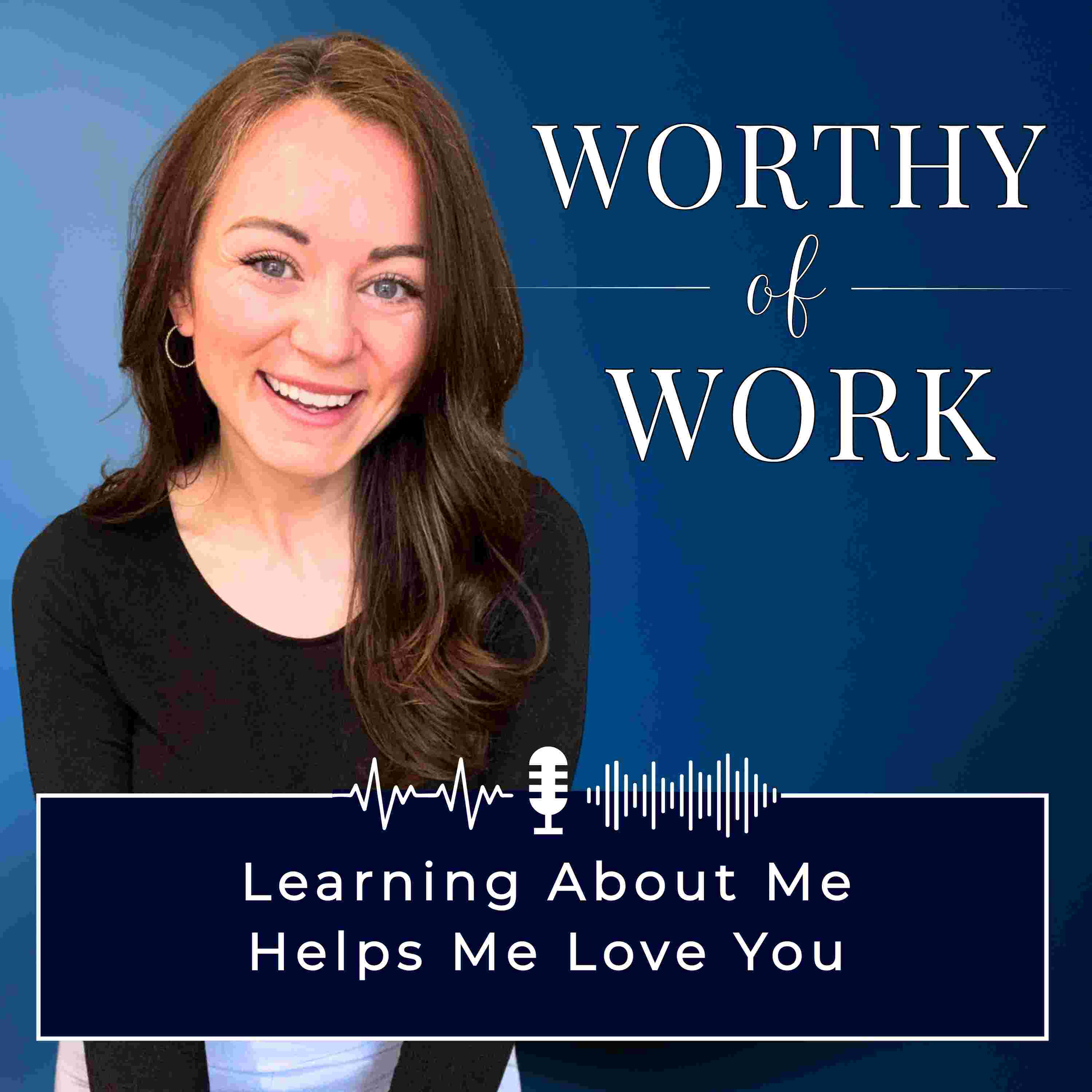

Have you ever felt responsible for fixing someone else's emotions just so you could feel okay? Maybe you’ve called it empathy—but what if it’s something else?
In this episode, we unpack the differences between empathy, enmeshment, and codependency—three behaviors that often look similar on the surface but come from very different places inside of us.
Using a puppet show analogy, Stephanie explains:
Codependency is like being a puppet on a string—you start to dance when someone else flails because your well-being is tied to theirs.
Enmeshment is the sock puppet—your identity and emotions are fused to theirs, and it’s hard to tell where you end and they begin.
Empathy is sitting in the audience—fully present, deeply caring, but still separate.
These patterns often stem from early life dynamics where we learned to survive by attuning to others instead of developing a strong sense of self. But just because these habits were learned doesn't mean we're stuck with them. Stephanie offers practices to help you:
Name your own emotions and separate them from others’.
Practice detachment (not indifference) to stay grounded and present without losing yourself.
Stay emotionally “seated” instead of leaping onstage to fix or rescue.
If you've ever wondered why peace feels impossible when someone around you is struggling—or if your caring feels compulsive instead of compassionate—this episode offers clarity and hope.
You’re not broken. These behaviors are survival strategies, not permanent identities. And the better news? You can unlearn them.
Reflection prompts included:
Am I feeling for someone instead of with them?
Am I doing things for others that they should be doing for themselves, and calling it love?
What’s one small step I can take toward healthy empathy today?
Listen in. Let’s learn the better way.